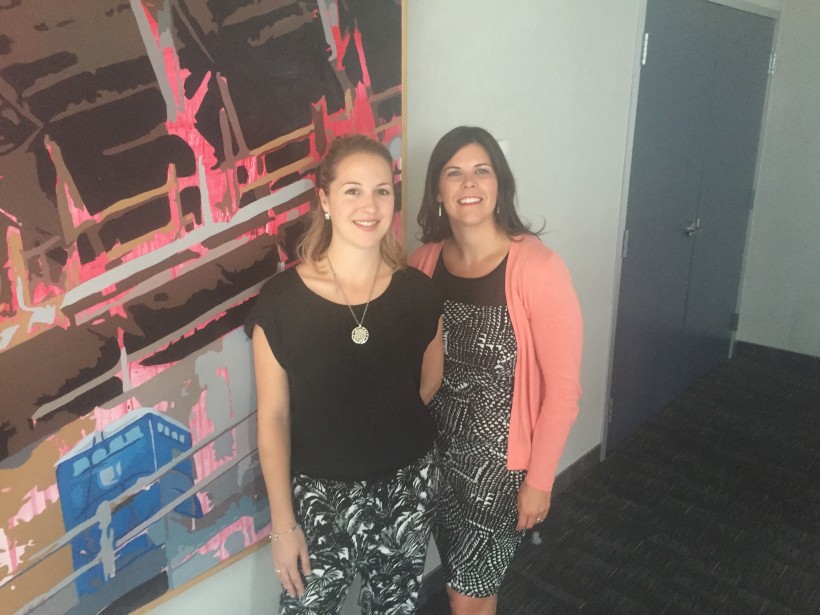Young Atlantic Canadians, and the region’s economy, are missing out because young people don’t understand the rewards of a career in sales, according to professionals at executive search firm Venor.
“Many youth are unaware of sales, and some are intimidated by it. Negative stereotypes, such as the used car salesman, persist,” said Chantal Brine, Vice President, Youth Employment at the Halifax-based firm.
Many in Atlantic Canada have been calling for the community to pay more attention to sales, particularly global sales. Veteran entrepreneur Gerry Pond last year pledged to donate $500,000 to any Atlantic Canadian university that initiates an international tech sales program.
Sales is a high rejection business admits Brine’s colleague, Tracey Kieley, Senior Consultant in Sales and Marketing at Venor.
“It’s a mental game, every day there’s head trash. The phone can feel like it weighs 20 pounds and you have to pick it up and make the call.
“To be a good sales person, you need drive, passion and understanding of what sales is.”
What sales is, is solving someone’s problem.
“When sales people find the right culture and product they flourish,” Kieley said. “Belief in oneself and the product or service you are selling is key.”
Brine said the millennial generation (those born roughly between 1980 and 2000) can find sales particularly frustrating because they grew up with the instant access afforded by technology.
“Sales and business development can be hard,” said Brine, who is a millennial herself. “You’re going to get rejection…that and instant access and gratification don’t necessarily align.”
UNBSJ Offers Sales Course for MBAs
Brine and Kieley believe youth should be taught business literacy in schools.
Young people often don’t realize that careers in sales and business development offer things they value and prioritize, such as interaction with people, challenge, and problem solving.
Less than a quarter of 110 job applicants Brine surveyed said they were interested in sales, but Brine said sales pervades life.
“When they come out of university, graduates are selling themselves. Every business needs sales people…”
Kieley, who’s originally from Newfoundland, said fear about rejection can be lessened with the right mentorship.
“The youth I work with think mentorship is very important. They want to keep learning, to grow,” she said.
In Atlantic Canada, relationships are particularly important to success in sales.
“There has to be a likability factor and connection,” said Brine, who came to Saint Mary’s University from Bermuda to study Psychology and Human Resources.
Money is not the primary motivator for the youth Brine assists.
“Of the 110 folks I’ve chatted with lately, less than 10 per cent have brought up money early on, it’s not their driving factor,” she said.
“They say they want to learn, to receive mentorship. They ask whether the company cares about the community. The social factor is big. If young people believe in something they get on board, what they really enjoy is solving a problem.”
Venor acquired the assets of Equals6, a career-focused social network for students, for an undisclosed price in April this year. The acquisition helps Venor to work to keep youth in Atlantic Canada, Brine said.
Despite concerns about the state of sales locally, local companies are succeeding in diverse markets.
“Employers in the region have major clients in the U.S., said Brine. “Companies are having success in broader sales. Sometimes you need to hop on a plane. Relationships are also important internationally. Luckily, Atlantic Canadians are good at relationship building.”










